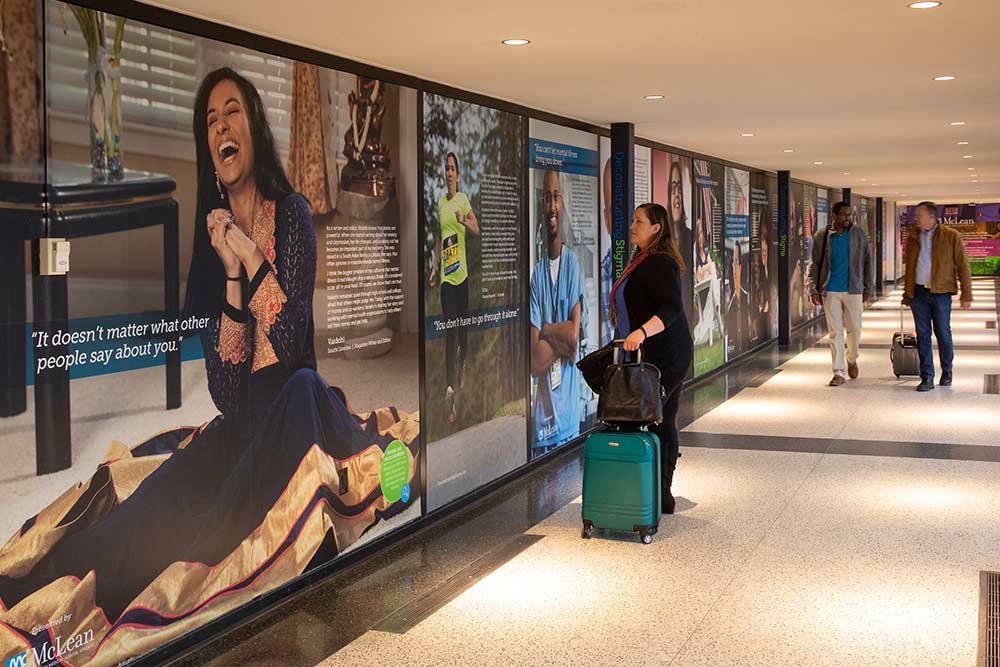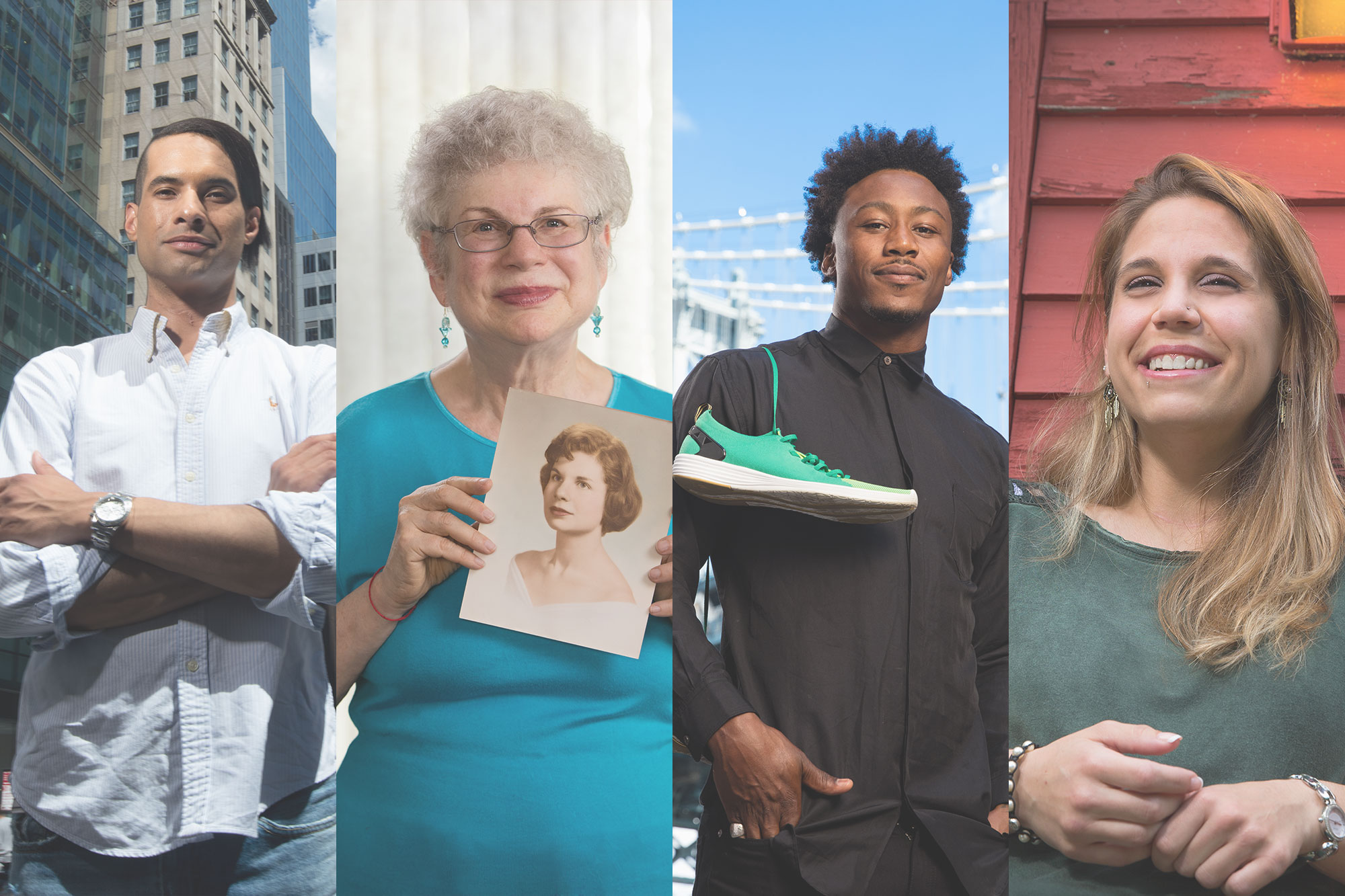We have to rely on each other
Carrie first experienced depression when she was 16 years old, but she didn’t acknowledge it or seek treatment at the time.
As a young professional tennis player who competed at high-level tournaments like the U.S. Open and Wimbledon, she learned to push past distress and focus.
I was taught, not to show my emotions as it shows weakness.
Carrie retired from the sport at age 21, but her depression remained.
I didn’t want it on my medical record because I was applying to medical school. I continued to grin and bear it.
She continued to bear it through medical school and her residency, through miscarriages and perinatal depression.
In medical school, like in tennis, we learn to be tough. Not sleeping is glorified. I took that as my identity—that I could handle anything.
It wasn’t until Carrie was an attending surgeon and lost a close friend and colleague to suicide that she sought treatment.
Until then, I didn’t appreciate that depression could be lethal.
She started taking antidepressant medication, which kept the now-familiar foundational lows in check. She also took on many responsibilities—chairing national committees, holding a professorship, raising two children, and working as a busy surgeon.
I just kept moving and moving and making myself busier and busier.
Carrie kept herself so occupied that it was hard for her to know what she felt. Then the COVID-19 pandemic hit, and with it, a cluster of personal hardships, including the dissolution of her marriage of 20 years.
During the pandemic, all health care workers were isolated and overworked. Having to sit still and alone destabilized me. I was overwhelmed with everything, and I started using alcohol to help with the pain.
Carrie had begun to feel the agony of divorce, as well as the impact of childhood trauma she hadn’t addressed. She drank daily and alone and became progressively more depressed.
Colleagues noticed Carrie’s despair. Fearing Carrie’s life was in danger, they reported their concerns.
My friends told my boss I needed to step away. I told them to leave me alone.
Carrie is now grateful her friends intervened, but at the time, she was furious. Her colleagues’ actions led to an evaluation by her state’s physician resource organization.
I was told I was unfit to practice medicine. That was a day I won’t forget.
Carrie was mandated to take leave and receive treatment. She ultimately took three months off for intensive inpatient and outpatient care at a rehabilitation center that specialized in treating physicians.
That’s when I started doing the real work. That experience changed my life. Once I had no option but to change, I committed to it. I put my determination into my mental health by immersing myself in books and authentic communication with others.
I was shocked reading about the effects of long-term trauma, adverse childhood experiences, and the rates of suicide in physicians. I realized, ‘Oh, my God, we never talk about this.’ We all know a colleague who had died by suicide, but we rarely grieve or discuss it.
As president of a prominent national association of surgeons, she gave her address at the organization’s annual meeting, where she told her own story.
I told the 2,000 people listening that I had depression and suicidal thoughts. I said, ‘I have an NIH grant. I’m an associate professor of surgery at Harvard. I played at Wimbledon, but I also have PTSD, anxiety, and a substance use disorder.’
I cried.
In the following weeks, Carrie’s speech spread online and in the media. She heard from thousands of people who shared their stories with her.
Carrie goes to therapy and multiple recovery meetings each week. She is in her last year of a contract with her state’s physician resource organization, for which her adherence to treatment is closely monitored with daily breathalyzers and random urine tests. Her colleagues, who allowed her the time to heal, have welcomed her back to work and continue to support her.
I am back to operating with a renewed love of surgery and continue telling my story to hopefully help some people.
She speaks to audiences throughout the U.S. and internationally about mental health, and works with organizations to change policies that interfere with health care workers’ well-being. She makes a point of reaching out to medical students, residents, and colleagues who are struggling.
I know how hard it is to ask for help. We have to rely on each other. We can change stigma, and change the culture, so people feel safe bringing up challenges when they’re experiencing them.
You are not alone.

